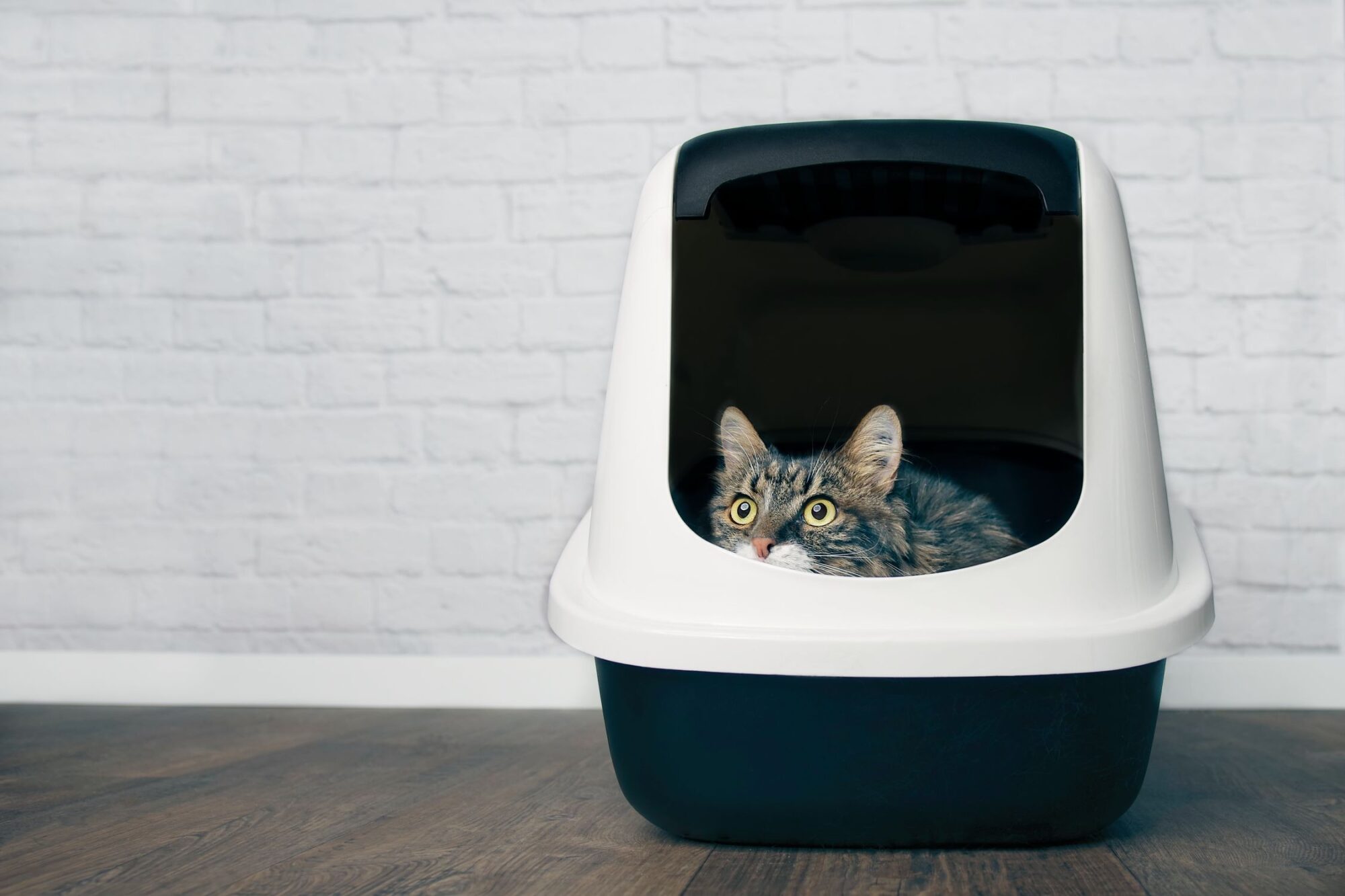Posts Tagged: uti in cat
The Dangers of Urinary Stones or Crystals in Cats

Cats are creatures of habit, and they typically stick to their routines as closely as possible. This is true regarding their meals, nap times, play, and patrolling their territory, and especially their trips to the litter box. If your cat struggles to pass urine, pees outside the box, or shows an uncharacteristic urgency or agony when urinating, they could be suffering from urinary stones or crystals. Excessive vocalizing (meows) and litter box problems are the most notable signs that your cat may possibly have urinary stones or crystals.
The Normal Baseline
Odd behavior is usually the first sign of urinary stones or crystals in cats. Increased frequency, crying in the litter box, straining, bloody urine, and peeing outside the box are all likely symptoms of this condition. You might also see increased attention to their genitals when grooming, diminished appetite, and lethargy.
When Build-Up Is Bad
Urinary stones—or crystals—in cats are definitely cause for concern. In addition to causing loads of unnecessary pain, crystals or tones can cause various complications for a cat’s health.
Magnesium, ammonium, calcium oxalate, and phosphate are naturally present in your cat’s body. Unfortunately, these microscopic minerals can build up in feline urine and solidify into bladder stones (also known as struvite stones). Often, these minerals pass without incident, but they can cause major disruptions to normal urination when they go beyond healthy levels of concentration.
The accumulation of urinary stones or crystals in cats affects their ability to freely pass urine, sometimes resulting in bleeding, and causing serious pain. Obstruction in the urinary tract is not only painful, but if a cat is unable to pass urine for more than 6 hours, severe complications can arise.
Act Quickly
We recommend that cat owners seek professional diagnosis and treatment immediately. A urine sample can confirm the presence of urinary crystals, and blood work can rule out other possible issues. Radiographs may also be utilized to learn more about the location and volume of the crystals.
Urinary stones or crystals in cats can dissolve after a strict prescription diet. We might suggest veterinary surgery if the stones do not break down after some time. Urinary obstructions can be resolved with a catheter, but once the stones are pushed back into the bladder, they must be dissolved or surgically removed.
Preventing Urinary Stones or Crystals in Cats
More research is needed to understand why this process affects some cats and not others. We do know that urinary stones or crystals in cats occur more often in domesticated individuals, and males tend to be significantly impacted due to their anatomy. Another contributing factor of urinary stones is stress, which can develop from changes in the home or your cat’s usual lifestyle.
Cat owners can influence their cat’s health by ensuring they drink adequate volumes of fresh water every day (approximately 1 ounce of water per pound of body weight). Wet or canned food can be used to increase daily water intake. Exercise is also a preventive measure against many health problems, including urinary issues.
Urinary stones or crystals in cats can be highly dangerous, but understanding the needs of your cat improves their overall wellness and longevity. If you have questions or concerns, please call us at (215) 822‑3636. Our team at Ark Animal Hospital is always happy to help your cat!
